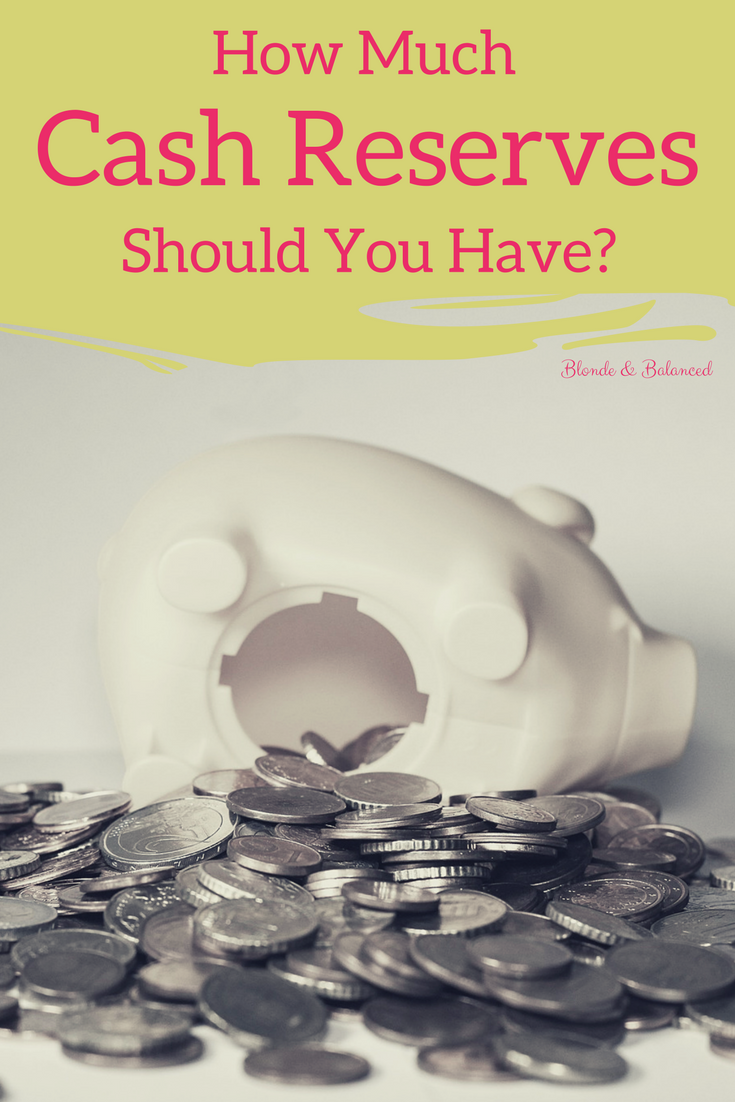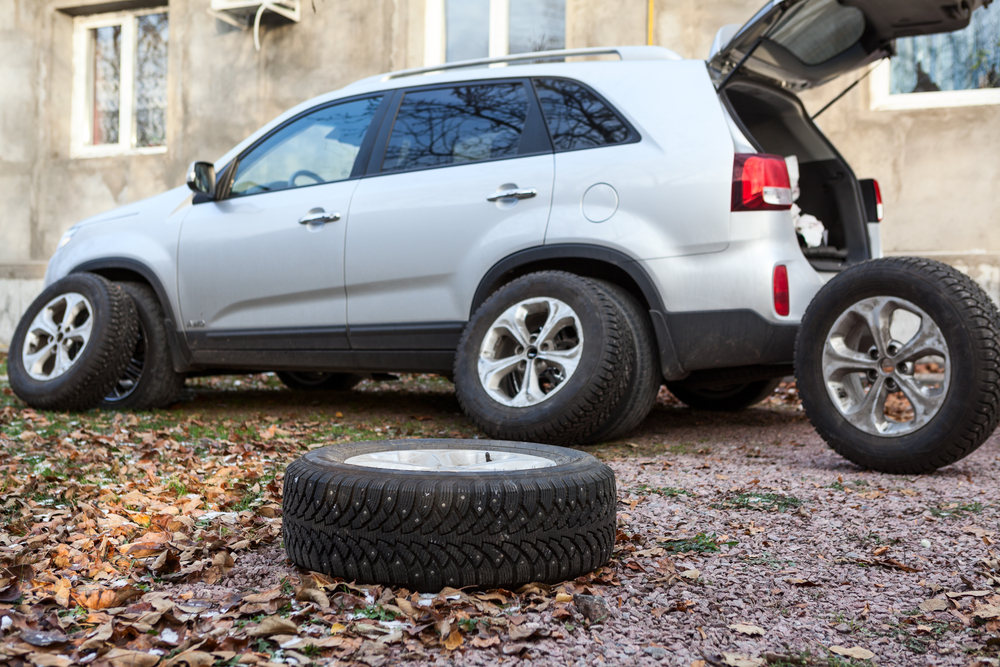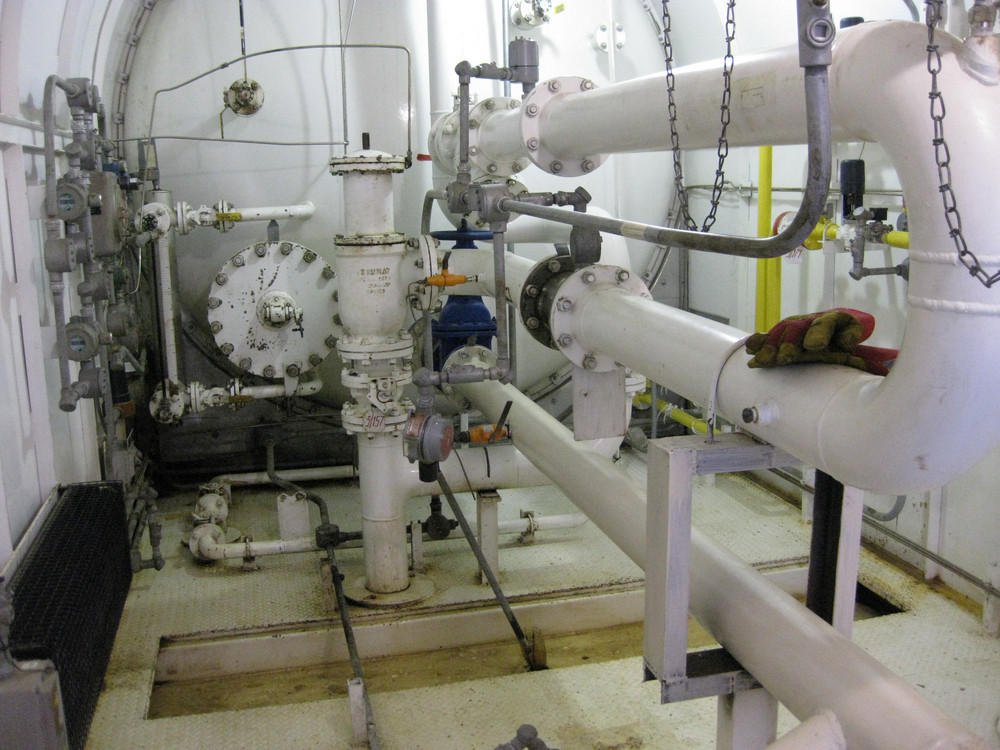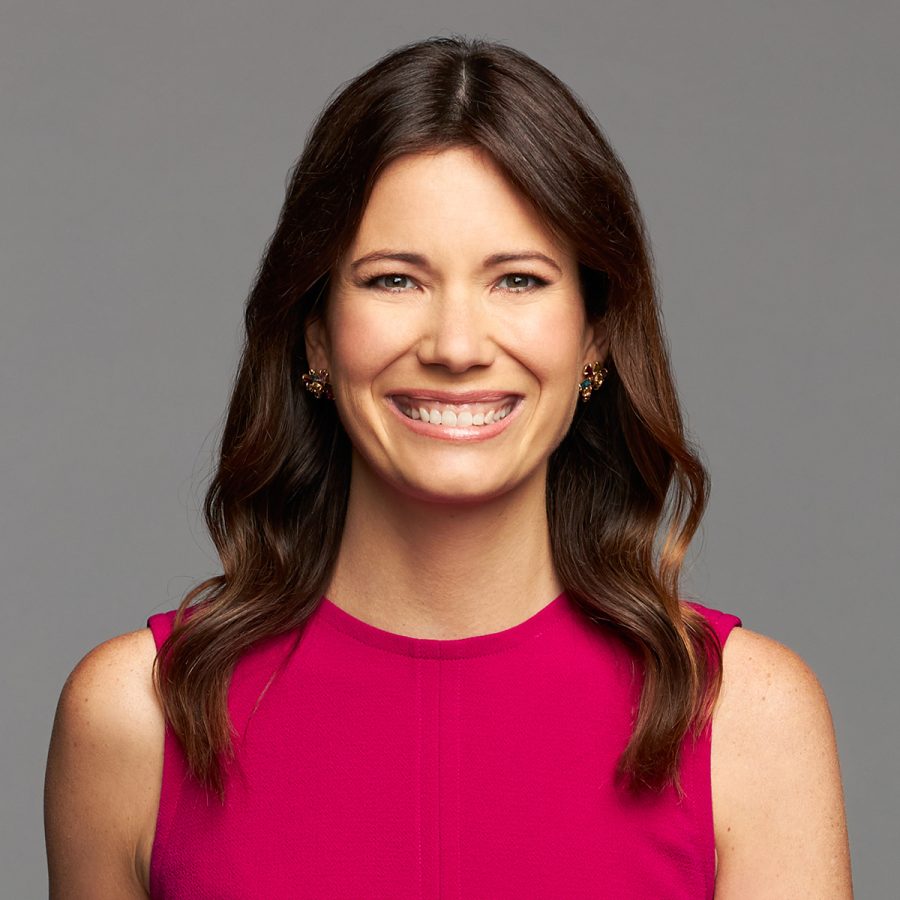Whether you’ve just graduated college, you’re married and starting a family, or you close to retirement, having a reserve of cash for emergencies can help you feel a little more secure. Unexpected events always come up, and since you didn’t expect them, you can’t budget for them. Your car breaks down, a water pipe in your bathroom springs a leak, or something as simple as getting sick and having to take time off work without pay can lead to financial ruin if you don’t have something set aside to handle these emergencies.
It used to be that three to six months of your salary would be enough, but there is no longer a standard answer that works for everyone. There are more factors to consider.
For instance . . . do you have a family to support or is it just you? Are you the main or only source of income for your family? If you were to lose your job, could you easily find another one with the same income or would it take some time to find the right position? Do you own a house or rent an apartment? What are your monthly expenses and can anything be cut or reduced?
These are all things that need to be taken into consideration. If you have a good job and make a great salary, what would happen if you were to lose that job? If you can easily find another one within a few months and you’re only supporting yourself, then six months of your salary should be enough to get you through a tough time.
But if you’re an executive and feel it would take you a year or more to find a comparable position somewhere else, especially if you have a family to support, you’ll want to consider having twelve to eighteen months of your salary in reserve. A much different figure than the previous scenario.
To figure out the number that works best for you, take a good look at your monthly budget and expenses. Add up your basic costs like rent or mortgage, food, health insurance, and utility bills. Then add up the costs that only come up every six to twelve months like property taxes or home maintenance repairs as these expenses may come up during the time you’re out of work.
There may also be some expenses you can cut like work-related travel (gas and tolls), eating out for lunch, and cable service. Make sure you do leave some money in though for eating out once in while or enjoying an adventure or activity.
Now that you know how much you need, keep it somewhere that is easily accessible and is earning interest, like a checking or savings account. If you’re still building your reserves, set up automatic transfers from your working account to your reserve account each time you get paid so it becomes a habit and your reserve account will start to grow.
It may take some time to build your reserve account, and that’s okay, but start building it. The sooner you start, the more financially secure you’ll start to feel.
————————–
This article was made possible by MedicareFAQ.Com – for all your supplemental insurance needs. MedicareFAQ has everything you need to know about medicare supplemental insurance plans in New York, Florida and Ohio.







